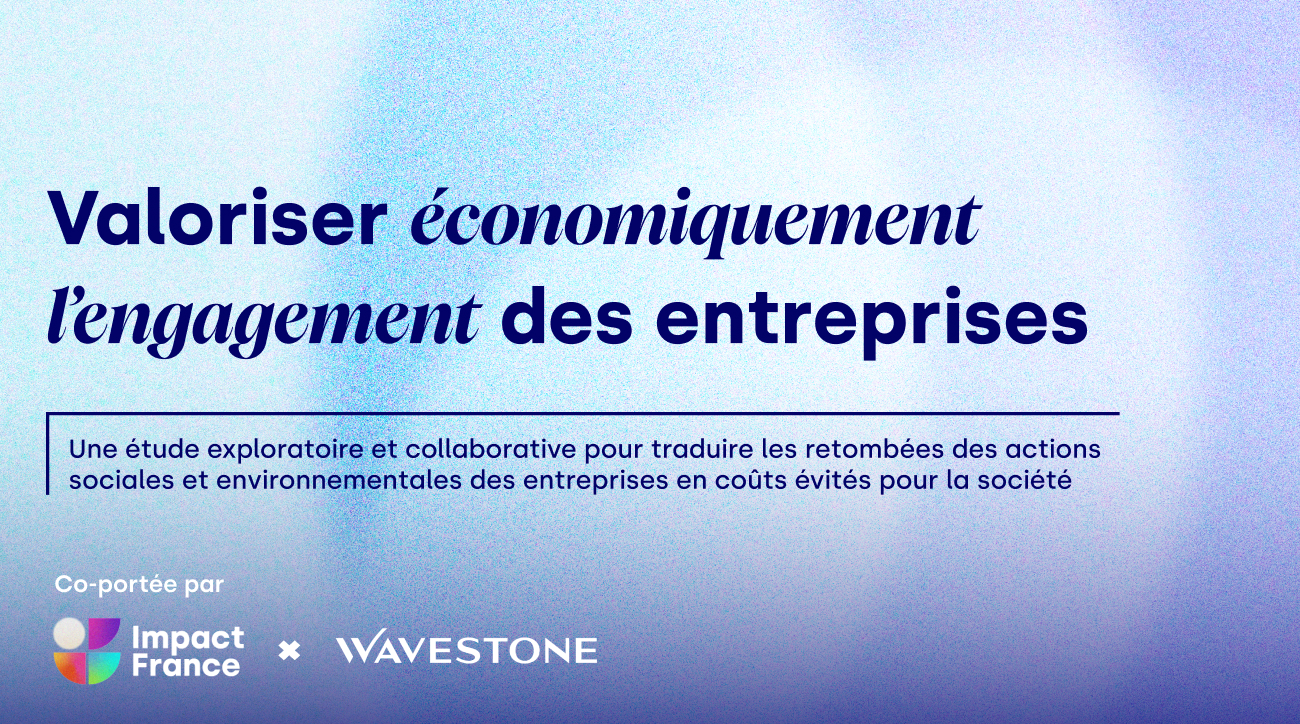Budget 2026: Supporting companies that place social and ecological benefits at the heart of their business model


The Finance Bill for 2026 reflects a worrying disengagement by the French government from the social economy. The budgetary arbitrations presented at the end of September mark a historic decline in the resources devoted to a sector that is at the heart of economic, social and ecological transitions.
The operating budget for the SSE will fall from 26.7 million euros in 2025 to 12.3 million euros in 2026, a drop of over 50%. Credits allocated to insertion par l'activité économique (IAE) are also to be cut by 200 million euros, a major cut for these essential businesses that help more than 150,000 people into sustainable employment every year in key sectors such as re-use, logistics and construction, and which represent a vital social lever.
Yet the SSE is a productive and innovative force, combining local job creation, social innovation and ecological transition. Its companies are responding to major contemporary challenges: inclusion, reuse, sustainable mobility, food, education, housing, health, energy transition...
Reducing resources for the SSE means weakening companies that have chosen to place Impact at the heart of their business model. It also means abandoning an economy based on repair, sharing and social utility, at a time when France is facing unprecedented social and ecological tensions.
Sociétés Commerciales de l'Économie Sociale et Solidaire (SCESS) are the embodiment of this new generation of companies that reconcile economic performance with the general interest.
Today, however, they evolve without any dedicated financial advantages, despite strong constraints: limited lucrativeness, democratic governance and reinvestment of a large proportion of profits. These hybrid companies still often struggle to gain access to conventional financing or investment funds, due to the lack of tools adapted to their model. Yet they represent a lever for sovereignty and social and ecological innovation.
That's why the Impact France movement is calling for an appropriate tax and financial framework, to enable SCESS and ESUS companies to scale up and make their full contribution to the country's green and socially responsible reindustrialization.
As part of the PLF 2026, Impact France is defending several structuring measures to support the development of social and ecological utility companies:
The current parliamentary debates are crucial in this respect. Several of our proposals have already been adopted by the National Assembly's committee - an encouraging first step, but far from definitive.
The Impact France Movement is continuing its advocacy work to transform these encouraging signals into lasting victories, and to make the PLF 2026 an opportunity for consolidation rather than a signal of disengagement for the SSE and socially useful enterprises.

